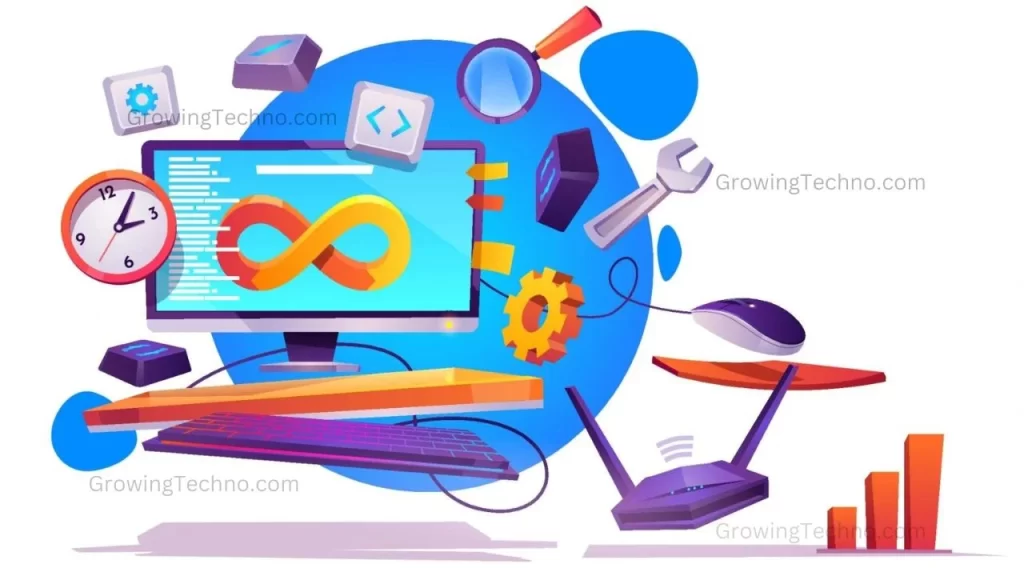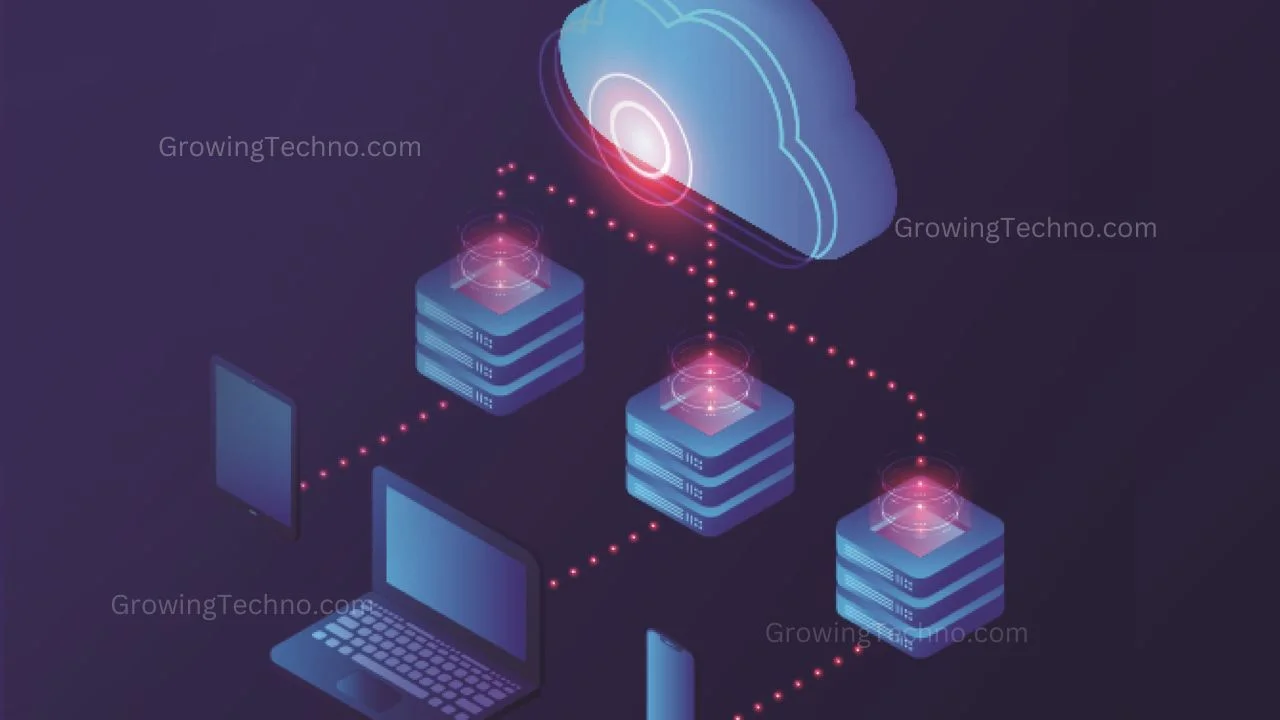
In the rapidly changing landscape of information technology, IT operations (Ops) play a pivotal role in ensuring the seamless functioning of an organization’s digital infrastructure. Ops is not just a support function; it’s a dynamic discipline that has evolved significantly over the years. In this article, we’ll delve into the evolution of IT operations, its critical importance, and how it has adapted to meet the demands of the modern tech-driven world.
The Foundation of IT Operations
IT operations, often referred to as Ops, can be traced back to the early days of computing. In those times, Ops primarily focused on maintaining hardware and ensuring that systems were up and running. It was a reactive approach, where IT teams would step in only when something went wrong.
From reactive maintenance…
However, as technology advanced, so did the role of IT operations. The emergence of software and networks led to a broader set of responsibilities. Ops teams were not just maintaining hardware; they were now responsible for configuring software, managing networks, and providing support to end-users.
…to broader responsibilities…
The Rise of Proactive Operations
The IT landscape continued to evolve, and with it, the role of Ops. One of the significant shifts was the move from reactive to proactive operations. Instead of waiting for issues to arise, IT teams began to monitor systems, predict potential problems, and take preventive actions.
Transition Words: Predicting problems and taking action…
This transition was made possible by the development of sophisticated monitoring tools and automation. Ops teams could now identify bottlenecks in the network, predict when a server was likely to fail, and automatically allocate additional resources to meet growing demand.
…with sophisticated tools and automation.
The Emergence of DevOps
The evolution of IT operations didn’t stop at proactive monitoring and automation. It gave rise to a new paradigm known as DevOps. DevOps represents a cultural shift that brings together development (Dev) and operations (Ops) teams to collaborate throughout the entire software development and delivery process.

A cultural shift that brings together…
DevOps aims to break down the traditional silos that often exist between development and operations. Instead of working in isolation, these teams collaborate to achieve common goals: delivering software faster, more reliably, and with greater efficiency.
…collaborate to achieve common goals…
DevOps practices emphasize automation, continuous integration, and continuous delivery (CI/CD). By automating manual tasks and streamlining the software delivery pipeline, DevOps accelerates the development process and enhances the quality of software.
…emphasize automation and streamlining…
The Cloud Computing Revolution
Another seismic shift in IT operations (Ops) came with the advent of cloud computing. Cloud services offered a new way of provisioning and managing IT resources. Ops teams no longer needed to maintain physical servers; they could leverage the cloud for scalable and flexible infrastructure.
A seismic shift with cloud computing…
Cloud providers offered Infrastructure as a Service (IaaS), Platform as a Service (PaaS), and Software as a Service (SaaS) solutions. This allowed organizations to focus more on their core business and less on managing IT infrastructure.
…offered IaaS, PaaS, and SaaS solutions.
Ops in the cloud era involves not just managing cloud resources but also optimizing costs, ensuring security, and maintaining high availability. CloudOps, as it’s often called, has become an integral part of modern IT operations.
Ops in the cloud era…
The Modern IT Operations Landscape
Today, IT operations encompass a wide array of responsibilities, including:
- Infrastructure Management: Provisioning, configuring, and maintaining hardware, whether on-premises or in the cloud.
- Network Management: Ensuring the availability and performance of networks, including local area networks (LANs) and wide area networks (WANs).
- Security Operations: Protecting systems and data from cyber threats, including monitoring for security incidents and responding to breaches.
- Application Support: Providing assistance to end-users, troubleshooting software issues, and ensuring applications are available and performant.
- Monitoring and Analytics: Using tools and data analysis to monitor systems, predict issues, and optimize performance.
- Automation: Implementing automation to streamline repetitive tasks and improve efficiency.
- Cloud Operations: Managing cloud resources, optimizing costs, and ensuring security and compliance in cloud environments.
The Importance of IT Operations
In today’s digital age, IT operations are more critical than ever before. Businesses rely on technology for virtually every aspect of their operations, from customer interactions to supply chain management. Downtime, data breaches, or performance issues can have severe financial and reputational consequences.
In today’s digital age…
IT operations ensure the availability, reliability, and security of the systems and services that power modern organizations. They act as the guardians of digital infrastructure, working behind the scenes to keep the lights on and the data flowing.
They act as the guardians…
Challenges and Opportunities
While IT operations have come a long way, they continue to face new challenges in the ever-evolving tech landscape. Some of these challenges include:
- Security Threats: The sophistication of cyber threats requires constant vigilance and adaptation of security measures.
- Complexity: Managing increasingly complex IT environments, including hybrid and multi-cloud setups, can be daunting.
- Cost Optimization: Balancing the need for cutting-edge technology with cost constraints is an ongoing challenge.
- Skills Gap: The demand for skilled IT professionals often outpaces the supply, leading to a skills gap.
However, these challenges also present opportunities. Automation, artificial intelligence (AI), and machine learning (ML) are poised to revolutionize IT operations. These technologies can enhance security, streamline management, and predict issues before they disrupt operations.
However, these challenges also present opportunities…
Conclusion
In conclusion, IT operations have evolved from a reactive support function to a proactive, strategic discipline. They have adapted to the changing technological landscape and play a pivotal role in the success of modern businesses.
As technology continues to advance, IT operations will remain at the forefront of innovation, harnessing automation, AI, and ML to enhance efficiency, security, and performance. In the digital age, the importance of IT operations cannot be overstated—they are the unsung heroes keeping our increasingly interconnected world running smoothly.
Found this helpful? Share the wisdom!












